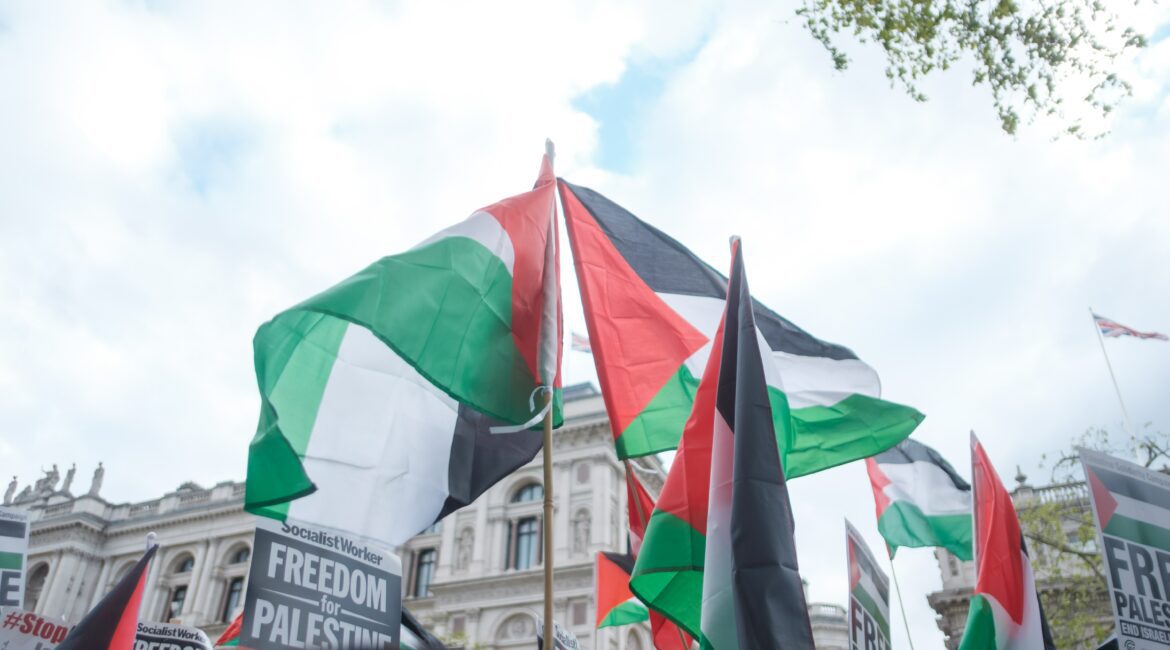Someone in the region once told that, after the last bullet is fired, at least one more generation should pass before there will be peace between the Israeli and Palestinians. Too many people were killed and too many families lost a loved one in this generational conflict; time is needed for the wounds to heal. And until the last bullet is fired, more time will pass. Israel and Hamas reached, after 11 days of conflict, an agreement of no value; it represents a pause until the fighting is resumed.
The situation in Gaza is still unchanged: a piece of land that, for 14 years (since Hamas took it under control a series of clashes with Fatah), represents both a terrestrial and naval blockade of Israel. Even in the more relaxed periods of time, the access in and out the region is very difficult; but when there are tensions, it's practically impossible. The Strip represents an immense outside prison: a crowded place, extremely busy, filled to the brim with darkness (electricity is mostly stopped), with people who lack perspective, traumatized by past wars, who subconsciously know that anytime during the night their phone might ring, with an Israeli officer telling them that the building must be evacuated. And, besides all that, there is Hamas, a feared entity that, at its core, represents a movement that should defend and represent its people.
The situation remains unchanged even in Jerusalem. For Israel, the city is their capital, eternal and unbreakable. The Palestinians view Jerusalem also as a capital and giving away its Eastern side (where the old city and the holy places are located) represents a non-option. Any stone, any gesture and any decision matters in Jerusalem. The second Intifada began in September 2000, after Ariel Sharon visited The Temple Esplanade. The next set of clashes took place in 2018, when Donald Trump announced the movement of the American Embassy of Jerusalem. This years` tensions were started by some right to ownership disputes and the restrictions imposed by the authorities. When tensions first appeared in The Temple Esplanade, Hamas launched the first rockets. Many analysts view the offensive as the Israeli intention of obtaining the Jerusalem file from the Palestinian Authorities, and they are mostly right. Palestine will hold, sooner or later, democratic elections - they were scheduled for 22nd May, but Mahmoud Abbas postponed them indefinitely because of the Jerusalem crisis. When they will take place, Hamas will need its voters - after so many years in which it controlled Gaza with authority and not succeeded in improving its situation in any way shape or form, this sort of move was needed for consolidating its legitimacy and opposition status.
Also, all remains unchanged in the occupied West Bank. The Palestinians are, effectively, trapped in a series of enclaves, found between the roads that connects Israel to its colonies. The colonists are also trapped in kibbutzim, defended by the army, situated between Palestinians. In 1996, Benjamin Netanyahu first came into power following a populistic political campaign: he accused its main rival, Shimon Peres (one the peace architects) that he will cease Jerusalem. The background story was complicated, giving that Hamas was opposing the peace process.Twenty-five years later, Hamas proclaimed victory after hundreds of Palestinians died in a war they started, with no chence of winning. On the other side, Benjamin Netanyahu has to deal with the opposition and with a plan against him that, apparently, will be put into practice.
In conclusion, nor Hamas or Netanyahu are winners of the truce. Peace is still, long-awaited.
In Gaza, peace is long-awaited

